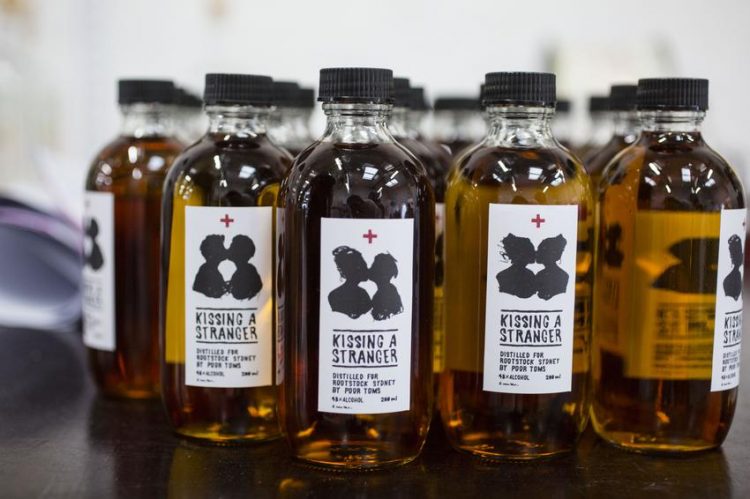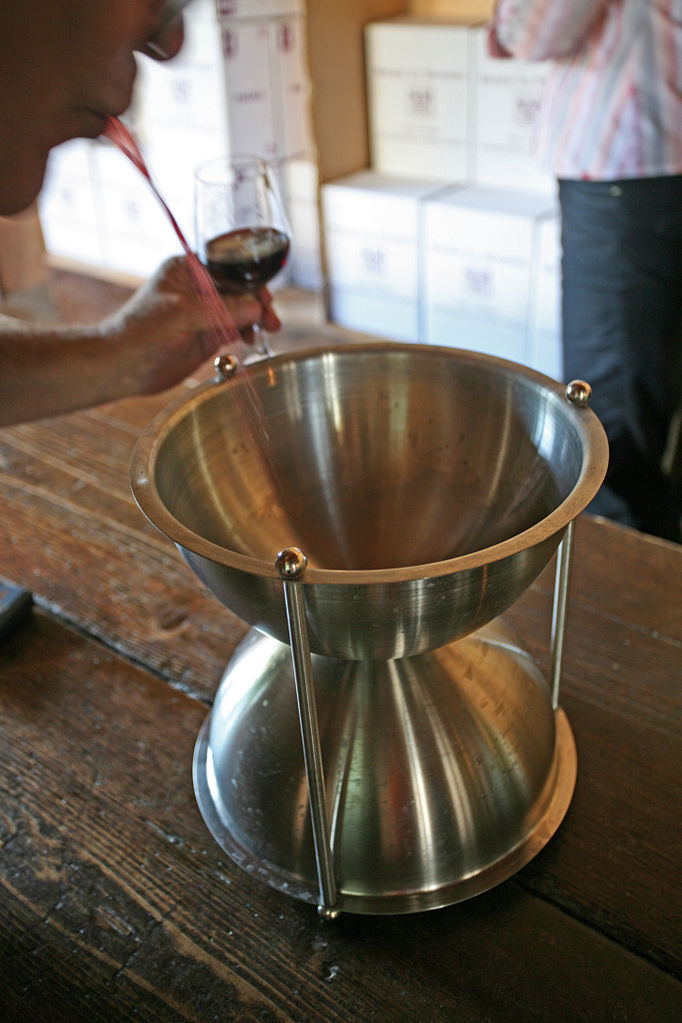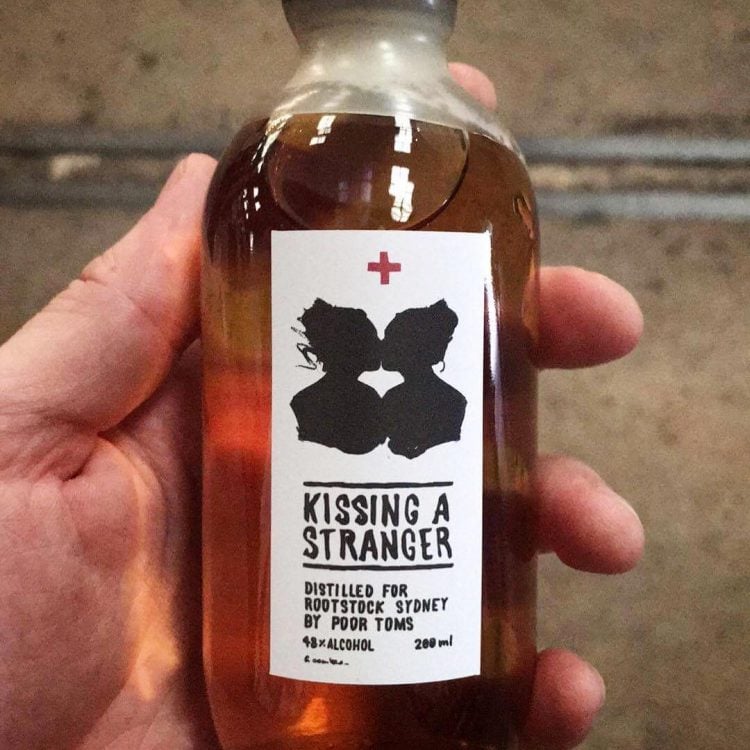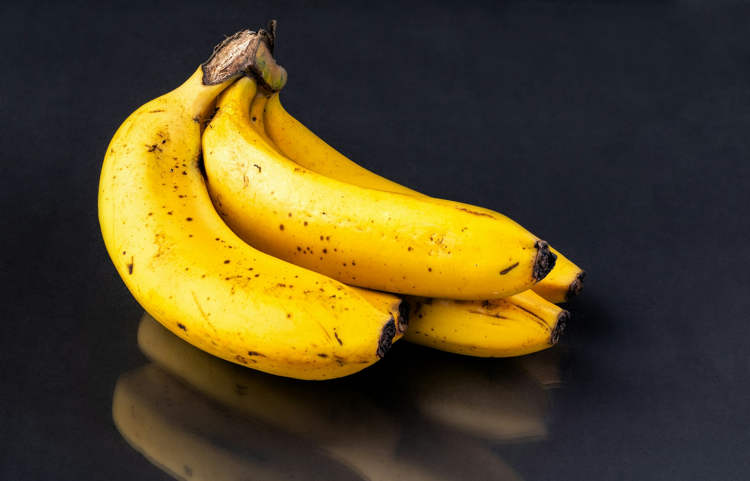An Australian distiller has taken the concept of recycling to a whole new level by taking the spat-out wine at a wine tasting conference and turning it into a spirit aptly named Kissing a Stranger.
Peter Bignell, of Tasmanian Belgrove Distillery, was first struck by the idea at the Rootstock festival in Sydney, a gathering of winemakers from all over the world promoting sustainable practices in the winemaking industry. He was in a group tasting wines, and as per tradition in wine-tasting, the majority of it was spat out in a bucket. This practice enables tasters to experience a lot of different wines while avoiding drunkenness. Bignell, however, saw it as wasteful.

Photo: Poor Tom’s Gin Distillery
“I hate waste, absolutely hate waste,” the distiller told Helen Shield on ABC Radio Hobart. “That bucket in the middle of the room with all the dregs of the wine and everyone’s spit in it, that’s a waste, that’s going to get tipped down the drain. I said ‘If I took that [spit bucket] home and distilled it and brought it back next year, who would drink it?’ and I think everybody’s hands went up.”
Bignell then arranged with the organizers of Rootstock to collect the wine dregs after the conference, with the aim to distill it. “We got 500 liters of wine,” Bignell told ABC Radio Hobart. “There were bits of bickies and cheese and the odd bit of beer in there.”
Rather than ship the 500 liters of spittoons back to his distillery in Tasmania, Bignell found the nearest distillery to the event and used their equipment to process the dregs. Twelve months later, Bignell had transformed the spit bucket wine into an 80-proof clear spirit called Kissing A Stranger, with a taste comparable to unaged brandy. He brought most of the beverage to the 2017 Rootstock festival, last November, but also left some to age.

Photo: Jean Marc Rosier
“People go around for tastings, they pour quite a bit in the glass, and they have a little sip, and they want to try another one, so they tip it out again,” Bignell told The Guardian. “They are going to collect the buckets again this year and keep making it. It’s all about sustainability.”
The concern exists that drinking distilled spit could be unsafe, but the associate professor in food microbiology at the University of Tasmania, Tom Ross, assured Radio Australia that it should be safe for consumers.
“Mostly what you’d be worried about is transmission of microorganisms, germs,” he said. “But the heat in the distillation process should get rid of most of those. The rest should be fairly harmless because they were foods before you started; [the] only thing that’s been added is the saliva. I don’t think there’s much of a health risk from it.”

Photo: Rootstock Sydney
Spit has traditionally been used to distill alcohol, and other edible products such as Kava, a Pacific Island beverage made from a plant of the same name that features mild hallucinogenic properties. The enzymes in saliva extract the active ingredients in the plant, making spit a crucial element. A traditional Peruvian corn beer also requires saliva enzymes to turn the corn into fermentable sugars.
Bignell ordinarily produces rye whiskey at his bio-diesel fueled Tasmanian distillery, but he may have just discovered a whole new niche.






